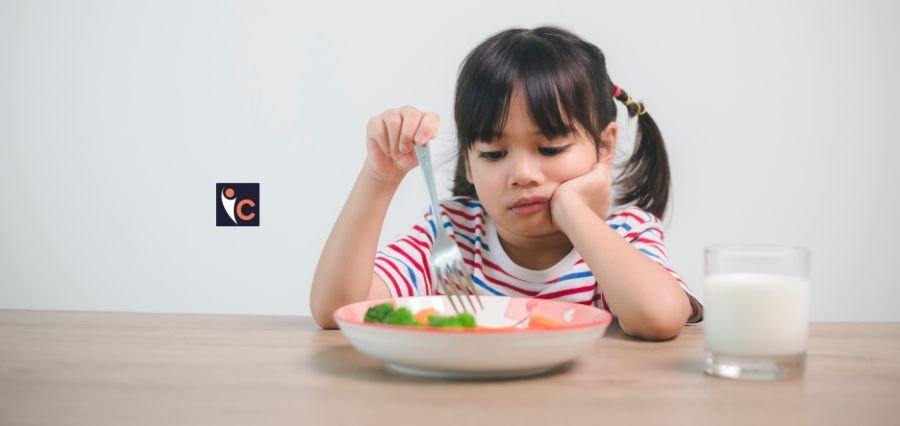Prime Highlights
- Seasonal Indian home-cooked diet holds long-term solutions for children’s metabolic disorders and obesity.
- Traditional nutrient-rich foods have the ability to stimulate immunity, induce hormonbalancing, and ensure deeper digestion in children.
Key Fact
- India is currently seized with a triple burden of disease among children due to micronutrient malnutrition, undernutrition, and rising obesity.
- Processed and pre-cooked food causes premature lifestyle disorders like diabetes and hormonal imbalance.
Key Background
India’s kids are being divided between tradition and convenience. Processed, packaged, and high food is becoming the adopted diet, and kids’ health is in danger. Obesity, type 2 diabetes, insulin resistance, thyroid, and digestion health are increasing now. So-called silent epidemic is caused indirectly caused indirectly by nutritional starvation and replacement of traditional food.
There is a need to return to roots in the present times. Seasonal and regional Indian cuisine such as bajra khichdi, rasam, idli, and millet cuisine contain sufficient natural fiber, proteins, vitamins, and probiotics. They are bio-compatible in India’s soil and climate, most appropriate to impart strength to Indian children’s body and mind.
Nutritionists call the fact that food is not fuel but an excellent disease-fighting force. Dal-chawal, sabzi, curd, ghee, salad, and pickle are easy Indian foods eaten in a group and possess major amino acids, healthy fats, digestive enzymes, and micronutrients that nourish our gut, hormones, and brain. Ghee is a food regime that provides us with butyric acid for immunity, and cold-pressed oil and fermented food provide hormonal balance.
In the hectic life today, these staple foods need to be re-thought creatively. Kids must be included in meal planning, with protein and good fats taking priority over staple foods, and not including food-like junk food. Sprouted lentils, seed-nut combinations, homemade ladoos, sesame-seed bread toast, and beetroot or flaxseed-altered smoothies are simple ones which can be utilized to provide nutrition to children’s diet without compromising flavor and ease.
The good news is straightforward: by embracing the ancient Indian diet and minimizing the consumption of processed foods, parents will have healthier children. This traditional diet regime not only keeps disease at bay but also lays the foundation for food for a lifetime of health and even longer longevity.





